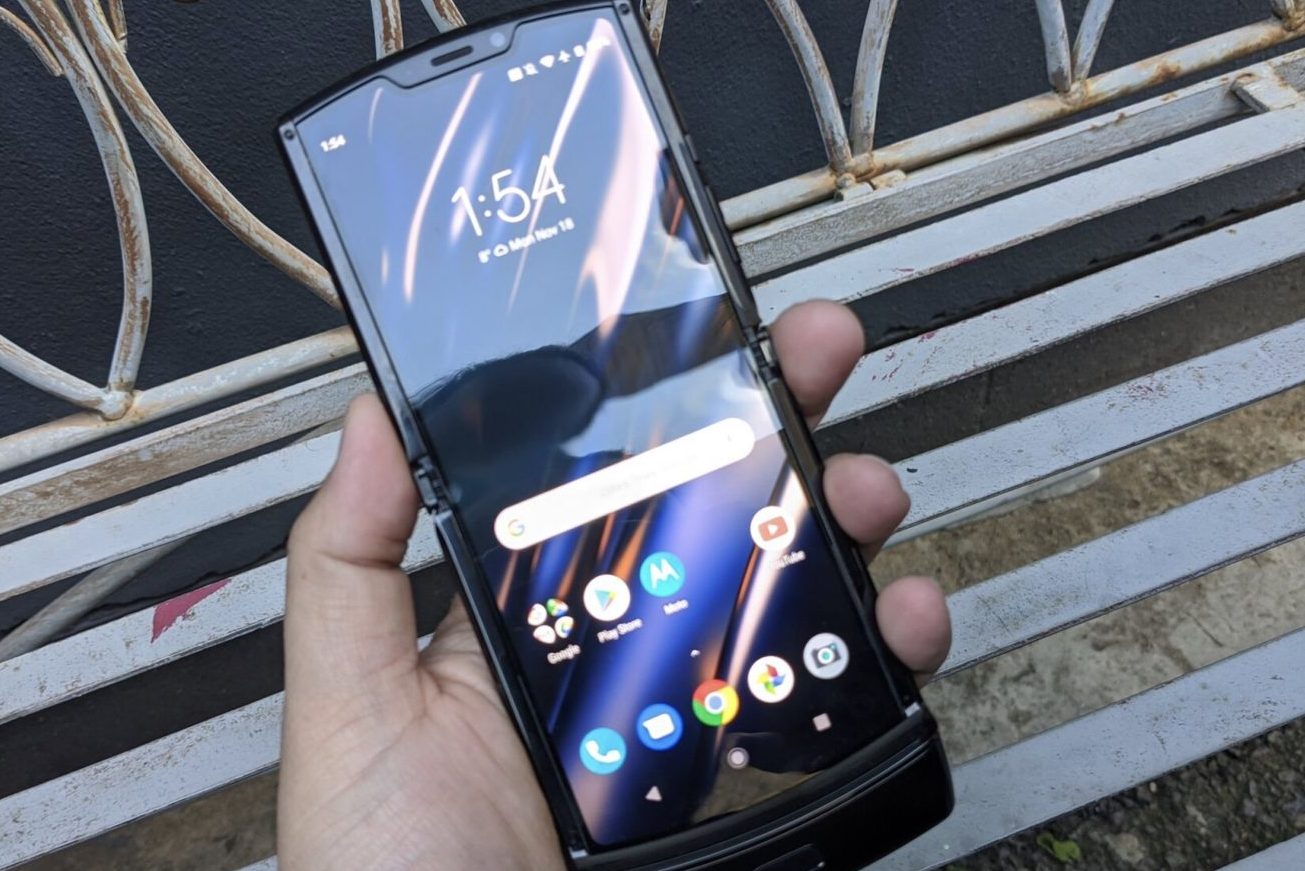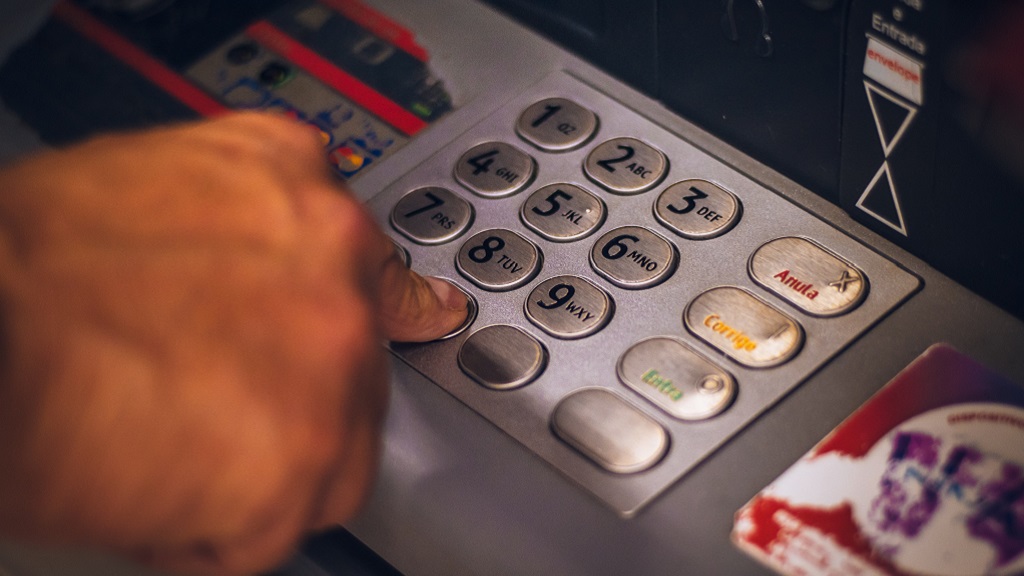
The convergence between the 5G technology and the Internet of Things (IoT) it is the future to make our lives a more comfortable, productive and simple experience. It is the essence of the development of the new industry 4.0 and of the smart cities, a latent reality that is gradually taking root and that will transform the way we see the world. According to data collected in the last report of the consultant Juniper Research, by 2026 there will be 116 million 5G IoT connections worldwidewhich will represent a growth of the 1,100%.
There are currently 17 million 5G IoT connections, but the evolution for the next three years is expected to be overwhelming, especially driven by the healthcare and tertiary sectors of smart cities, which will account for more than 60% of available 5G IoT devices. Thus, automotive, mobile broadband and smart homes will benefit from this significant growth.
This adoption of 5G IoT technology in smart cities will bring clear advantages such as a ultra low latency and a huge bandwidth, which will, in turn, make it possible to supervise the rail and road transport networks with the utmost rigor. An essential element for the proliferation of new connections and that will demonstrate that the efficient high-bandwidth 5G cellular connectivity will be able to improve the standard of living of users.
the forecast
From Juniper Research, urban authorities are invited to use this type of connectivity, based on communication platforms equipped with high bandwidth, so that cities reach the maximum profitability in data transmission and the goal of 60 million 5G connections in smart cities in 2026.
Thanks to the irruption of the 5G IoT technology in the healthcare sector It will be possible to improve telemedicine, emergency services and develop a greater number of interconnected ambulances. A necessary and practical phenomenon that will make it possible to combat problems such as waiting times or the lack of healthcare, which were put in the spotlight during the pandemic.
The integration of 5G technology, with low latency and high bandwidth, will mean a clear revolution in the sector and, in turn, a improvement in quality of life. And it is that the investment of health providers in services based on 5G will only work if there is a need to modernize said services.
Juniper Research co-author of the study, olivia williams, ensures that: “5G will allow a more efficient and dynamic healthcare provision that was not feasible with 4G or Wi-Fi. However, healthcare providers must first deploy 5G in areas that offer a strong return on investment; above all, connected emergency services”
It must be taken into account that if you bet on the 5G reliabilityinfinitely superior to existing technologies until then, the Internet of Things will be able to evolve to its fullest, since the market is using, more and more frequently, innovative business models and a robust automated infrastructure to guarantee income suitable.



